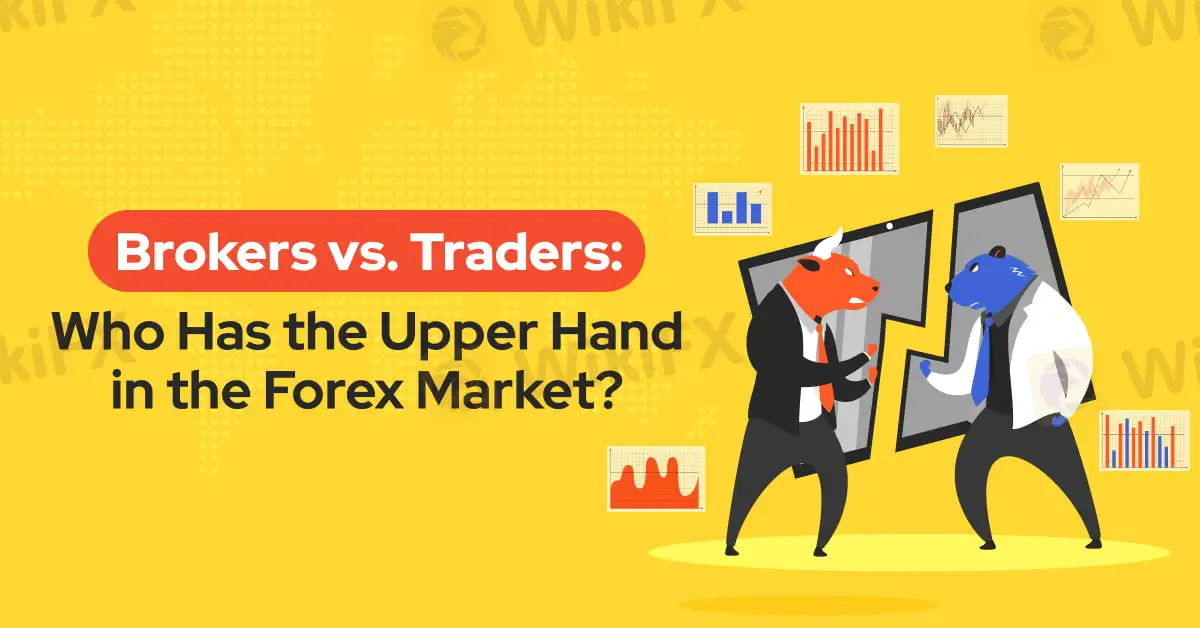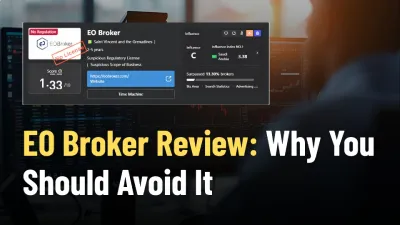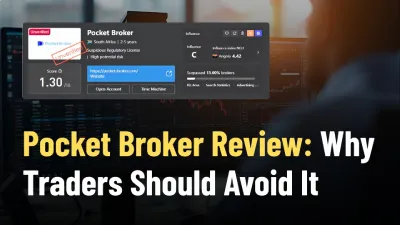Abstract:The relationship between brokers and traders is intricate. Both sides play pivotal roles in driving the multi-trillion-dollar foreign exchange market, but the question remains: who holds the upper hand? To answer this, it’s crucial to understand the roles they play, the advantages each side possesses, and how these factors shape their position in the market.

In the dynamic world of forex trading, the relationship between brokers and traders is intricate. Both sides play pivotal roles in driving the multi-trillion-dollar foreign exchange market, but the question remains: who holds the upper hand? To answer this, its crucial to understand the roles they play, the advantages each side possesses, and how these factors shape their position in the market.

Brokers are intermediaries who facilitate forex trading by providing traders access to the market. They offer trading platforms, liquidity, and often key market insights. In return, they charge traders fees such as spreads or commissions, and some brokers profit from traders' losses through dealing desk models. Brokers' primary goal is to maintain liquidity and ensure smooth trading for their clients.
Traders, on the other hand, are individuals or institutions that buy and sell currency pairs, aiming to profit from the fluctuations in exchange rates. Their success largely depends on their ability to interpret market conditions, technical analysis, and sometimes even gut feelings. The traders objective is straightforward—capitalize on market movements to turn a profit.
When considering who has the upper hand, brokers have certain structural advantages. First, they are market facilitators, meaning they benefit from trading volume rather than needing to predict price movements accurately. Whether traders win or lose, brokers earn through spreads and commissions. This creates a relatively stable revenue stream compared to the high-risk environment traders face.
Secondly, many brokers have access to real-time market data and advanced trading algorithms, giving them a technological edge. They can offer traders access to fast execution speeds, but they themselves are often backed by institutional-level tools that provide deeper insights into market trends. For brokers using a dealing desk model, they can hedge against traders or even take the opposite side of their trades, further reducing their risk.
Lastly, brokers operate with a broader understanding of market behaviour, often through the lens of aggregated trader data. By observing common trader behaviours, such as when retail traders typically enter or exit the market, brokers can anticipate market moves, positioning themselves strategically.
On the other hand, traders, especially retail traders, often start with the odds stacked against them. They face not only the complexity of the forex market but also the inherent risk that comes with trading on margin. While some traders possess extensive knowledge, many lack the institutional-level resources that brokers have at their disposal.
The emotional aspect also plays a significant role. Traders may be influenced by fear or greed, which can lead to poor decision-making. Brokers, being on the other side, remain largely immune to these emotional pitfalls. Even experienced traders must contend with the reality that they are competing against institutional traders, algorithms, and even brokers themselves.
Despite these challenges, traders are not without their own advantages. One key factor in favour of traders is flexibility. Traders can quickly adapt to market changes, altering strategies as needed. Brokers, with their more rigid structures and regulatory obligations, do not have the same agility when it comes to taking positions in the market.
Additionally, successful traders often thrive by specializing in certain currency pairs or market conditions. They can capitalize on specific opportunities that might go unnoticed by brokers focused on the broader market. This specialized knowledge, when combined with skill and experience, can give traders an edge, particularly in volatile or niche markets.
So, who holds the upper hand in the forex market—brokers or traders? The answer is not clear-cut. Brokers certainly benefit from structural advantages such as lower risk, stable revenue models, and access to institutional-level tools. However, skilled traders who can manage their emotions, adapt to market conditions, and utilize deep market knowledge can still outperform.
In the end, the battle between brokers and traders comes down to experience, strategy, and understanding the market. For traders, success often depends on the ability to outthink and outmanoeuvre both the market and the brokers facilitating their trades.











